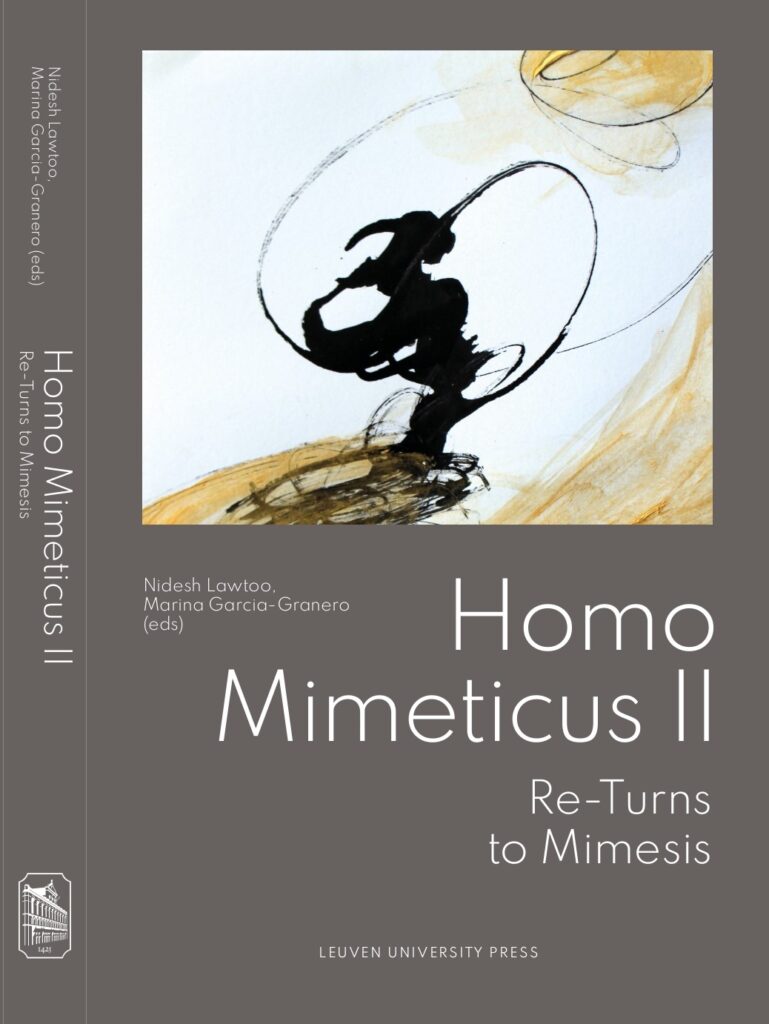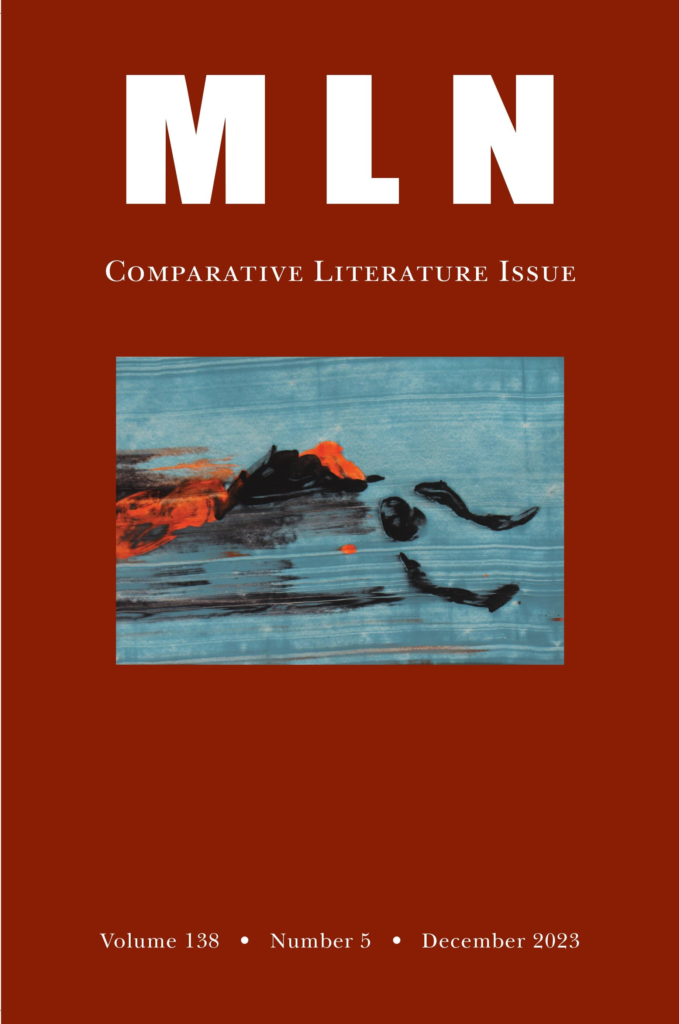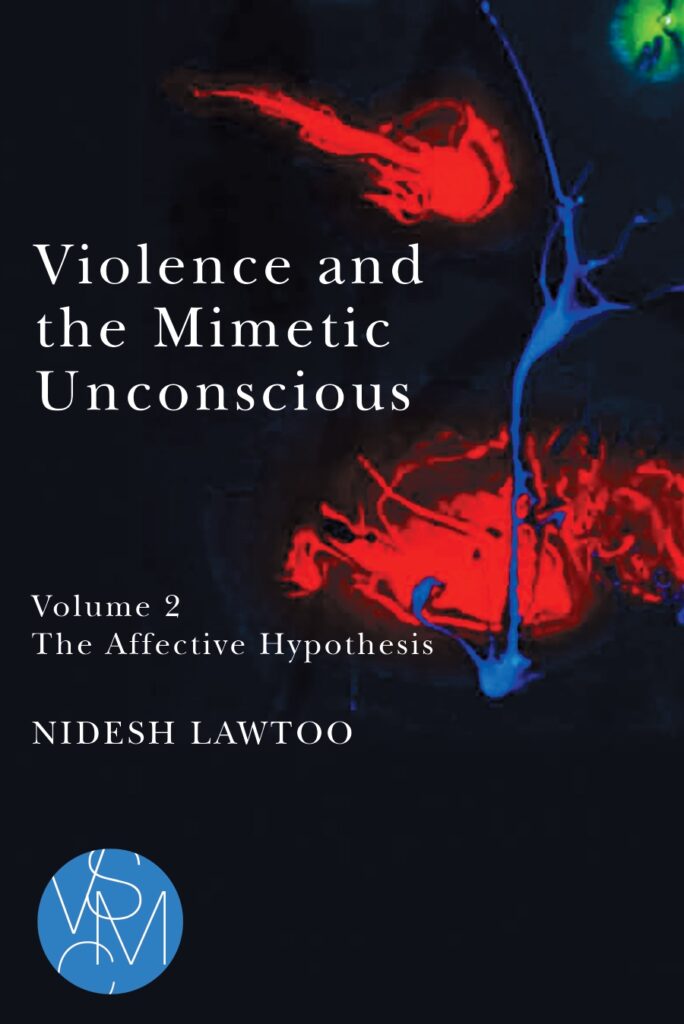
In this second installment of the Homo Mimeticus series (co-edited with Marina Garcia-Granero), international scholars working in philosophy, literary theory, classics, cultural studies, sociology, political theory, and the neurosciences engage creatively with the theory of homo mimeticus to further the transdisciplinary field of mimetic studies. See FREE download & BLOG.
ONLINE BOOK LAUNCH:
)


